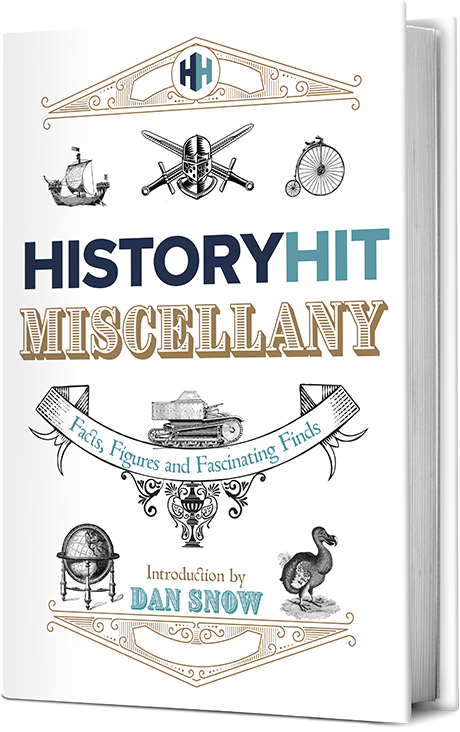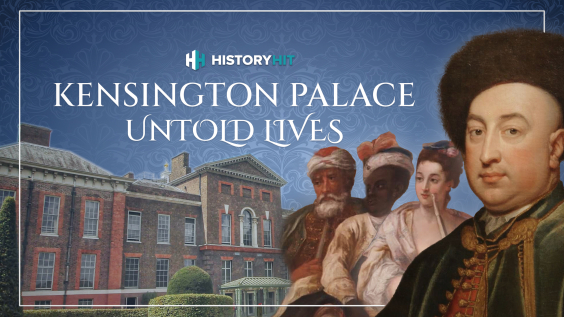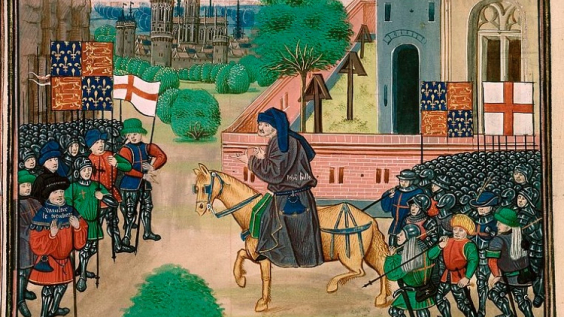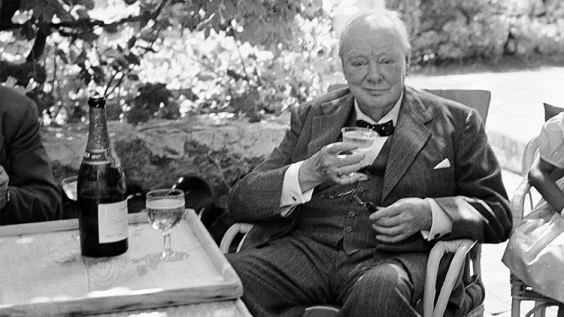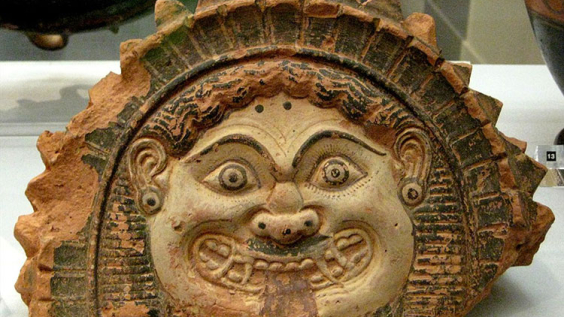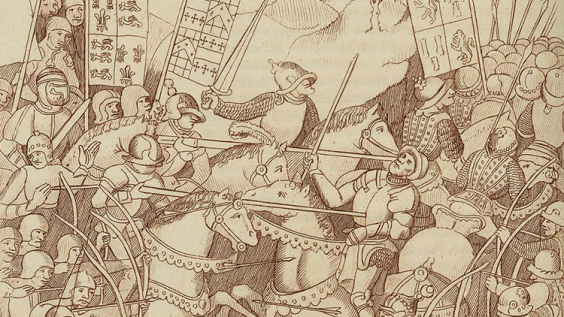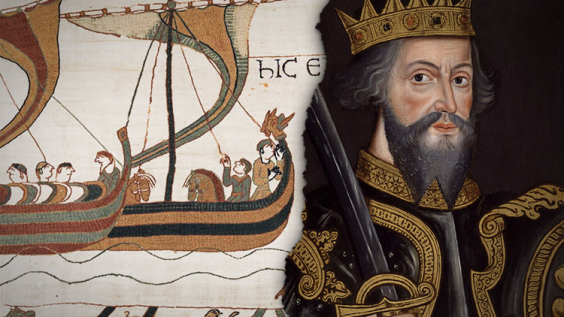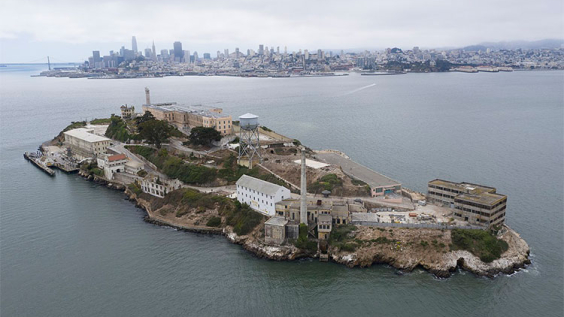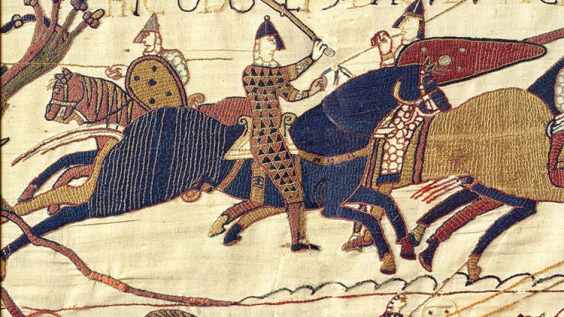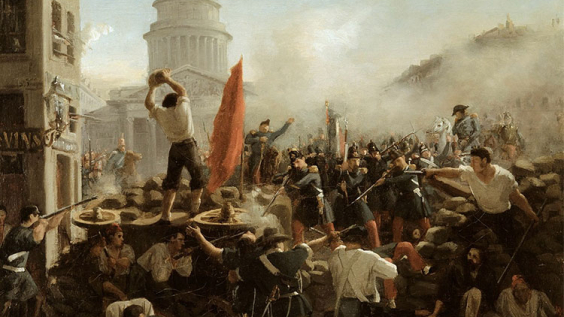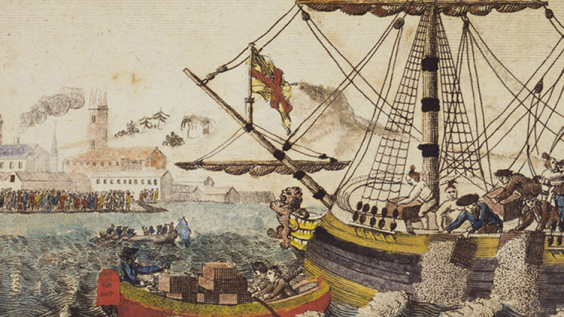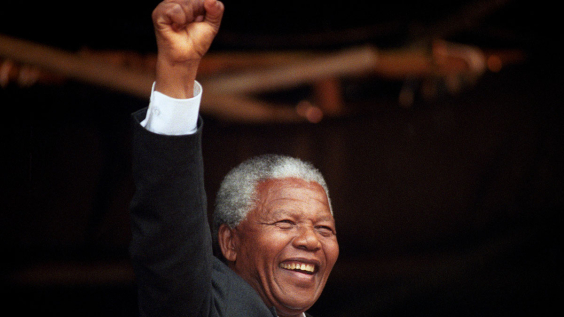
It was the largest amphibious assault in history. Over 150,000 men were landed on a heavily defended set of beaches on the western edge of Hitler’s vast empire. To get them safely lodged ashore the largest fleet in history had been assembled – 7,000 boats and ships. From giant battleships, which hurled shells at German positions, to specialised landing craft, and block ships which would be deliberately sunk to build artificial harbours.
In the skies above 12,000 allied aircraft were available to intercept German aircraft, blast defensive strong points and interrupt the flow of enemy reinforcements. In terms of the logistics – the planning, the engineering and the tactical execution – it was one of the most stunning achievements in military history. But did it matter?
The Eastern Front
Hitler’s dream of a 1,000 year Reich was under terrible threat in the early summer of 1944 – not from the west where the Allies were preparing their invasion, or from the south where Allied troops were grinding their way up the Italian peninsula, but from the east.
The titanic struggle between Germany and Russia from 1941 to 1945 is probably the most appalling and destructive war in history. Genocide and a galaxy of other war crimes were the norm as the largest armies in history locked together in the largest and costliest battles ever. Millions of men were killed or wounded as Stalin and Hitler fought a war of total annihilation.
By June 1944 the Soviets had the upper hand. The front line which had once passed through the outskirts of Moscow was now pushing against Germany’s conquered territory in Poland and the Baltic states. The Soviets looked unstoppable. Perhaps Stalin would have been able to finish Hitler without D-Day and an allied advance from the west.
 Watch Now
Watch NowPerhaps. What is certain is that D-Day and the liberation of western Europe that followed made Hitler’s destruction a certainty. Any hope that Germany might be able to direct its entire war machine towards the Red Army came to an end once the western allies were pounding up the beaches of Normandy.
The nearly 1,000,000 German troops Hitler was forced to keep in the west would have made a powerful difference if they had been deployed to the Eastern Front.
Diverting German divisions
In the fighting after D-Day, as the Germans desperately tried to contain the allied invasion, they deployed the greatest concentration of armoured divisions anywhere in the world. Had there been no Western Front we can be certain that the fighting in the east would have been even more drawn out, bloody and uncertain.
Perhaps even more importantly, if Stalin had eventually won and defeated Hitler alone, it would have been Soviet forces, not British, Canadians and Americans, that ‘liberated’ western Europe. Holland, Belgium, Denmark, Italy, France and other countries would have found themselves swapping one despot for another.
The puppet Communist governments that were installed in eastern Europe would have had their equivalents from Oslo to Rome. It would have meant that Hitler’s rocket scientists, like the famous Wernher von Braun, the man behind the Apollo moon missions, went to Moscow, not Washington…
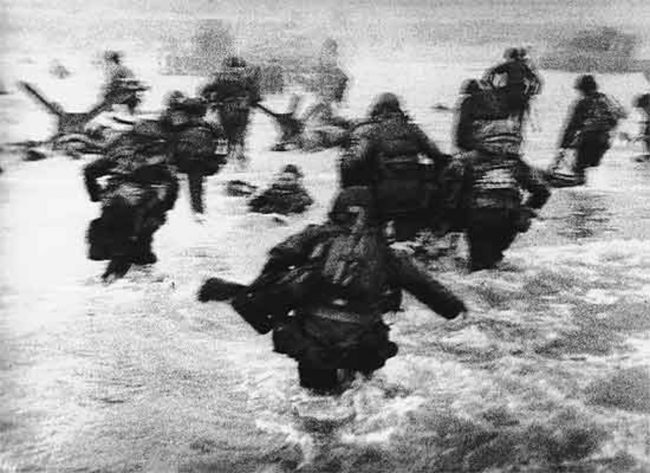
A photograph taken by Robert Capa at Omaha Beach during the D-Day landings.
Far-reaching significance
D-Day hastened the destruction of Hitler’s empire and the genocide and criminality that it spawned. It ensured that liberal democracy would be restored across a large swathe of Europe. This in turn allowed countries like West Germany, France and Italy to contribute to the unprecedented explosion of wealth and advances in living standards that became the hallmark of the second half of the Twentieth Century.
D-Day, and the fighting that followed, did not only change the course of the Second World War but of world history itself.

